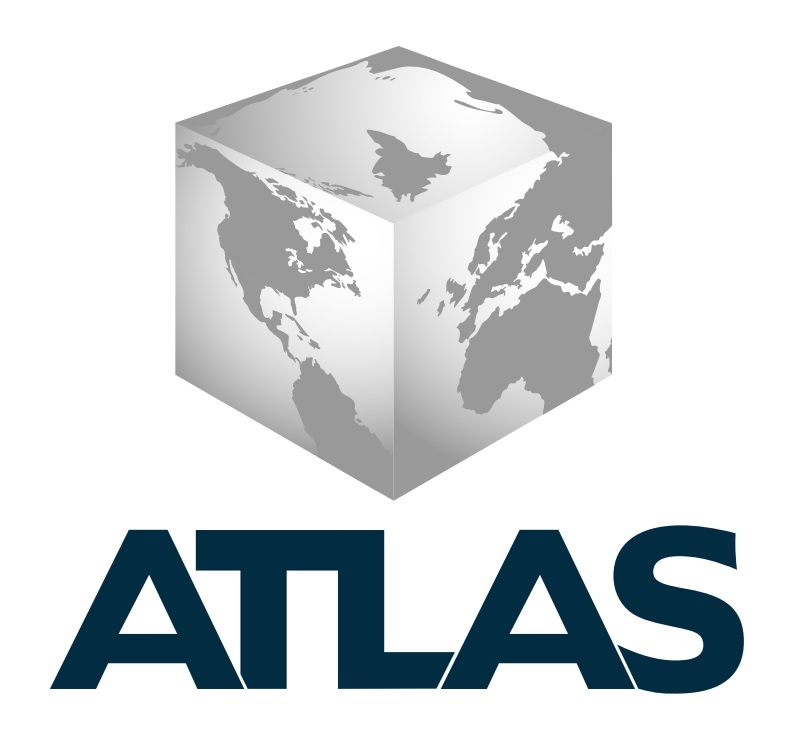Data Centers in Georgia: A Digital Infrastructure Boom

Atlas Real Estate Advisors / October 17, 2025
Over the past decade, Georgia has become a significant hub for data center development in the
United States. This has been driven by the increasing demand for digital infrastructure to
support cloud computing, artificial intelligence (AI), and other data-intensive technologies. As of
2025, Georgia hosts approximately 150 data centers, making it one of the fastest-growing data
center markets in the country.
What Are Data Centers?
Data centers are facilities that house computer systems and associated components, such as
telecommunications and storage systems. They are essential for storing, managing, and
processing vast amounts of data generated by businesses and consumers alike. These centers
support a wide range of services, from cloud storage and web hosting to AI processing and
streaming services.
Meta’s Investment in Newton County
One of the most notable developments is Meta’s (formerly Facebook) data center in Newton
County. Stanton Springs Data Center is a $1 billion investment, located approximately 45 miles
east of Atlanta. Original projections showed Phase I including a 970,000 square foot building on
a 188 acre campus, with Phase II including an additional 1,500,000 square feet on 285
additional acres. The center is powered by 100% renewable energy and utilizes outdoor air for
cooling, reflecting Meta’s commitment to sustainability.
Projects Coming Soon
Additional data center developments are in various stages of planning and construction across
the state as companies like Microsoft, Amazon, and others are investing billions in areas like
Douglas, Bartow, Rockdale, Butts, and Hall County. Georgia is a very desirable location for data
center development due to the amount of available land, strong fiber optic infrastructure,
significant tax incentives and a reliable, low-cost power supply.
Economic and Environmental Impact on Georgia
The proliferation of data centers in Georgia has had a profound impact on the local economy.
These facilities require significant investments, often exceeding $1 billion per center, and lead to
job creation during construction and ongoing operations. Additionally, data centers contribute to
increased tax revenues and stimulate demand for support services, such as security,
maintenance, and logistics.
Not all impacts from data centers are positive though. Nearby residents are concerned about
the environmental impacts of such large scale developments. The significant energy
consumption often relies on fossil fuels and drives greenhouse gas emissions. The extensive
use of water used for cooling can strain local systems. The large footprint of the centers can
cause stormwater runoff issues and disrupt habitation. While the positive economic impacts are
clear, the potential downside must be taken into account.
Looking Ahead
The digital landscape in Georgia is evolving, creating significant opportunities for investors,
developers, and businesses, as well as a dynamic environment for those involved in commercial
real estate.
For investors seeking strategic insights or guidance in navigating Georgia’s commercial property
market—including properties supporting data center development—Atlas Real Estate Advisors
offers expert advisory and brokerage services to help you capitalize on these opportunities.
« Previous Next »
Experience the Atlas Real Estate Advisors difference.
Contact us today for personalized, expert advice in commercial real estate.
Let us help you navigate your real estate journey with confidence and success
